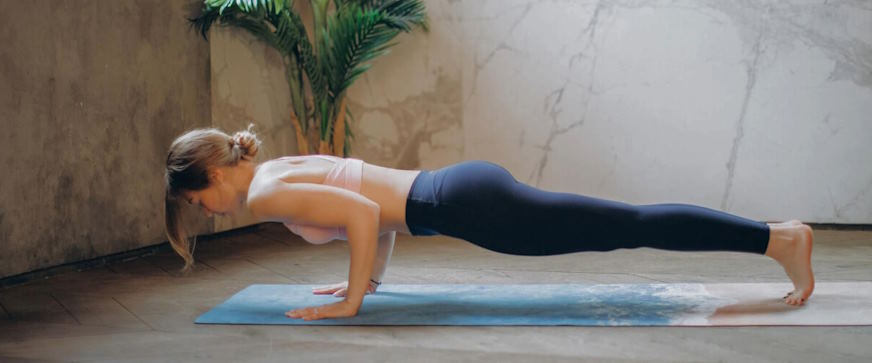
Is An At-home Workout Less Effective Than In The Gym?
A spirited discussion has arisen in the fitness world, creating a divide among fitness enthusiasts. On one side, there are fervent supporters of traditional gym workouts, while on the other, there are those who’ve wholeheartedly embraced the flexibility of exercising at home.
So, is an at-home workout effective?
Yes, at-home workouts can be highly effective for achieving fitness goals. Their effectiveness depends on several factors, including the consistency of your routine, the quality of your exercises, and your dedication to maintaining a healthy diet. Many individuals have successfully reached their fitness objectives through at-home workouts, proving that you can achieve excellent results without needing a gym membership with the right approach and commitment.
How to make an at-home workout effective?
To make your at-home workouts effective, follow these tips:
Set Clear Goals
Understand what you want to achieve with your workouts. Are you aiming to lose weight, build muscle, improve cardiovascular fitness, or enhance flexibility? Knowing your goals will guide your exercise choices and help you stay motivated.
Create a Schedule
Establish a consistent workout routine by setting specific days and times for exercise. Treat these sessions as appointments with yourself, just like you would for work or other commitments.

Choose the Right Workouts
Research and select exercises that align with your objectives. For instance, bodyweight exercises like push-ups and squats are great for building strength, while jogging or cycling improves cardiovascular fitness.
Follow Proper Technique
Proper technique prevents injuries and ensures you’re targeting the right muscle groups. If unsure about your form, consider working with a personal trainer or using online tutorials.
Progressive Overload
To see continuous improvement, gradually increase the intensity of your workouts. It might involve increasing the weight or resistance you use for strength training. For cardio workouts, aim to go longer or faster over time.
Nutrition Matters
Fuel your body with a balanced diet that supports your fitness goals. Prioritize lean proteins, complex carbohydrates, healthy fats, and plenty of fruits and vegetables. Staying hydrated is also crucial for optimal performance.
Rest and Recovery
Adequate rest between workouts is essential. Overtraining can lead to burnout and injuries. Listen to your body, and allow it the time it needs to repair and rejuvenate.



